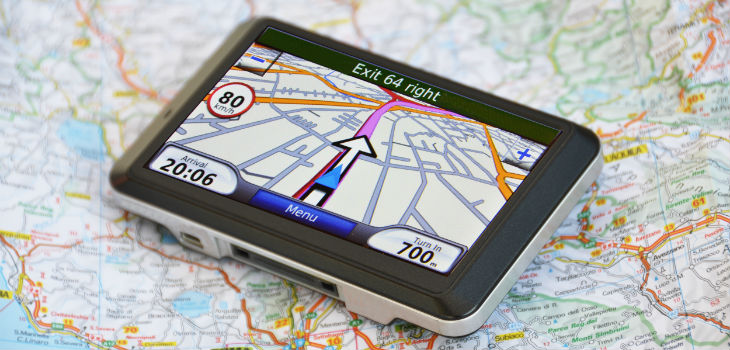10 Hugest Inventions Since the Year 2000

8) GPS
GPS isn’t exactly a “new” 21st century technology. However, prior to the year 2000, GPS was primarily a military technology, or reserved for industries such as air traffic control. However, now consumers may find it difficult to get through life without the use of GPS.
Can you remember a time when you didn’t have a female voice telling you to turn left in 800 feet, or providing you the exact mileage and estimated arrival time to your destination?
GPS can locate you within several feet, as well as help you locate friends and family whenever you need to find them. GPS can provide you with the closest gas stations and restaurants, as well as be used as a marketing tool—as GPS technology can monitor where you shop and the times of the day you are shopping—to provide your devices with coupons and discounts, or advertising at specific times of the day.
Love it, or hate it, GPS has changed our lives forever.
